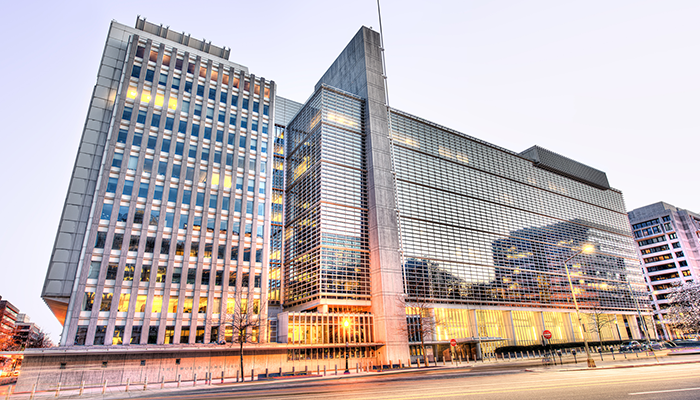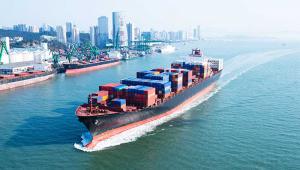web_world_bank_istock-817682226.png

The World Bank headquarters in Washington DC, the US
David Malpass said Covid-19 has made World Bank support vital to helping governments deliver health and other services, but added huge debt burdens have sometimes meant money being diverted away from where it was most needed.
“During a pandemic or crisis like this, we really want to get money to the countries,” he said during an online conversation about the economic and financial challenges of Covid-19.
“That takes me to the debt crisis, which has been a challenge because you can identify countries where the World Bank would put in resources but all of that would go to creditors, and none of it to the people.
“That's not a fair balance and we're trying to work on that.”
Developing countries are suffering from lower remittances, fallen commodity prices and weak tourism and trade, and their governments have been less able to stimulate their economies.
Malpass said that a year ago the World Bank identified a “wave of excessive debt” engulfing the world’s poorest countries, adding that, during the pandemic, more needed to be done by creditors to ensure an “organised process” was in place for giving debt relief to over-indebted countries.
In March, the G20 agreed to temporarily stop collecting debt payments, but Malpass said China (the largest government lender by far) was unable to get its many lending institutions to work together, and private sector creditors did not want to get involved.
Malpass said the private lenders should realise it is in their interest to bring order to a disorganised global debt process, and that their refusal to see that has been “frustrating”.
He added that some creditors are still charging a high interest rate, “not reflecting the current reality”, in which rates have fallen.
In October, the G20 agreed a framework for restructuring the debts of highly indebted countries.
All public sector creditors are bound to participate in the process, and debtor countries will be required to seek equivalent changes to their private debts, although there is no official consequence of private lenders refusing.
“The challenge is to apply [the framework] in a way that provides enough debt relief that the country can see the light and the people in the country can see that there’s a future for them in that country – that there’s light at the end of the tunnel,” Malpass said.
“The reality for the world is that there needs to be more resources freed up for the poorest countries. They can’t keep paying these high interest rates to creditors that are much, much better off than they are.”
He called for “fair burden sharing” to reduce the flow of resources away from poor countries, which would mean those in debt crises will be able to develop and grow in the future.
“That’s going to be better for everybody, including China and the private sector creditors,” said Malpass.
“This is going to be an opportunity for future growth and future loans, and also future investment projects, in these countries, but if there continues to be as much of an outflow, then the countries won’t be able to get back on their feet.”













